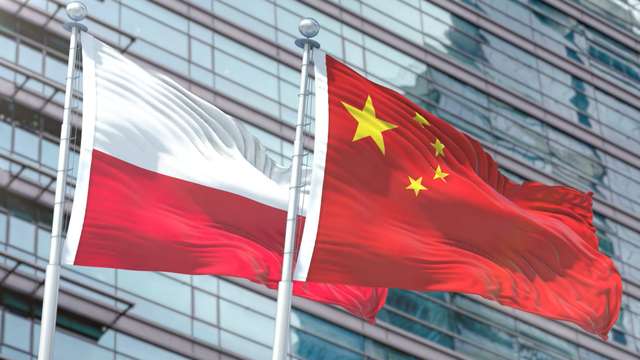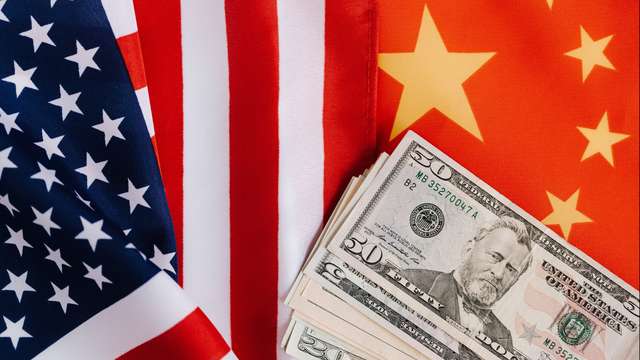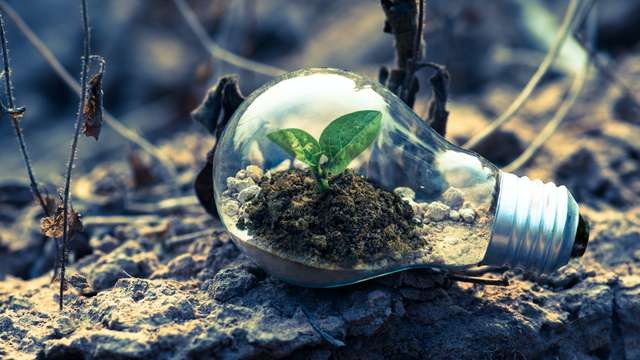
So it's a war. Russia brutally attacked Ukraine, which changed the reality in which we operate once and for all. The attack of Vladimir Putin and the story that wants to write under the barrels of rifles will affect many areas of our life, including - or perhaps most of all - the situation on the raw materials market and global supplies.
Table of Contents
With the first gunshots in Ukraine, experts from around the world began raising the alarm that the consequences of Russia's actions for the global economy would be enormous. Of course, the most serious ones concern countries that are directly involved in what is happening beyond our eastern border, but not only. The European Union and its partners around the world have already imposed unprecedented sanctions on Russia, which are leading its economy to the brink of a precipice.
The ruble has dropped to an historically low level, and the blockade of Russia continues on all fronts. It is to be expected that President Putin will try to respond, perhaps by limiting the supply of raw materials. But Bloomberg has no doubt that it would be suicidal, striking at the bottom of all accounts a country that lives off its oil and gas exports. An important variable in this matter may of course be the attitude of the Chinese, but at the moment it is a great unknown.
Prices will go up
What is certain, however, is the fact that the prices of these raw materials will surely go up. The latest analyzes of JP Morgan show that the price of a barrel of oil may reach the limit of even USD 150, which will undoubtedly have an impact on how the value of global GDP will grow in the near future, as well as global inflation, which may reach the level of 7,2 percent.
Along with the increase in oil prices, the increases in the gas market will also follow. Sanctions and possible interruptions in supplies will increase the demand for this raw material in many European countries, especially in the context of industry, and especially in those countries - such as Germany or Austria - where the dependence on raw materials flowing through pipes from Russia is the greatest.
However, this is still not all. The metal market will also feel the effects of Russia's aggressive actions and their consequences in the form of sanctions. Also in this aspect, JP Morgan has no doubts, especially since it is Russia that has one of the largest deposits of platinum, nickel and copper. In the latter case, it is a country that has as much as 10 percent of the world's resources in its area. An even greater volume concerns palladium - as much as 45 percent. It is valuable because it is used in industries such as electronics and automotive, which suffered so much during the pandemic period.
Broken chains
However, higher prices on world markets are not enough. Other expert sources are also looking at the issue of supply chains. These have already been severely strained by the coronavirus, but it can already be predicted today that the normalization that was announced a few months ago is a scenario that can be put between fairy tales. According to them, the supply chains were to return to normal in the second half of the year at the latest, but none of the scenarios took into account the outbreak of war.
There are two specific aspects here. The first is, of course, Ukraine's cut off from the sea, which means no access to ports through which about 70 percent of the country's exports and imports pass. The second is hacking attacks by Russia (which, however, is also struggling with cyber attacks itself). This is a scenario that Kyiv had already worked on during the previous Russian aggression, when it lost Crimea.
The situation is certainly not favorable, but it must be remembered that although the whole world will certainly feel the effects of what is currently happening in Ukraine, it will not be decisive blows. The vast majority of transport routes, mainly the sea ones, are located outside the area of hostilities.
Network of connections
It should also be remembered that the relations between Russia and the world are a very dense network of connections concerning not only the issue of raw materials. "Forbes" states that we are talking about over five thousand companies on the European continent or in the United States, which are more or less related to the so-called "third degree" suppliers from Russia, but also from Ukraine.
This can be felt especially strongly by Poland, which, after all, has huge economic ties with Russia. This is currently the seventh largest export market for our country, which in total accounts for about 3 percent of the value of Polish exports (data for 2021). These dependencies are even more visible in the context of imports, because in this case Russia is Warsaw's third largest partner.
The situation is undoubtedly dynamic. The sanctions imposed on Moscow are already taking their toll and the ball is currently on the side of Vladimir Putin. What Russia will do, however, is a great unknown and even the greatest specialists in Eastern policy are holding back against categorical opinions. No wonder, after all, no one seriously assumed a full-scale invasion of Ukraine.






